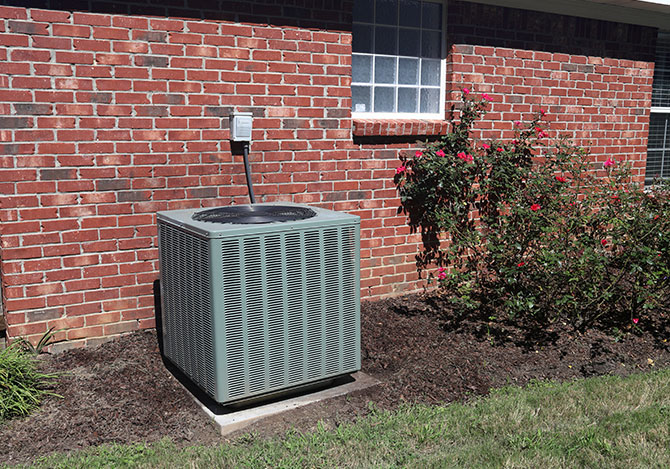
HVAC Water Damage – What You Should Know
Leaking or malfunctioning HVACs can be disastrous for a property, and regular maintenance will keep water damage issues at bay. However, it’s true that some households or building managers have too much on their plates and might neglect regular HVAC checkups. Here are telltale signs that you need to schedule a maintenance inspection ASAP, as well as ways you could prevent a total system collapse.
The House Has Lingering Smells
If your home has lingering smells—the stew from two nights ago, for example—there is a problem with your home’s air movement. Moldy or musty smells mean moisture might have gotten into your unit’s ductwork. Besides smelling unpleasant, breathing in moldy air could lead to possible health problems, especially for older adults or people with asthma. Meanwhile, burning odors could mean that your HVAC is overheating. When this happens, turn off your unit and call a specialist ASAP.
You See Water Leak from Your HVAC
A leaking HVAC could mean several things. There could be a frozen evaporator coil, clogged drain, or damaged condensation line, all of which could lead to water damage and mold build-up.
How to Prevent Water Damage to Your HVAC
When you see leaks and smell lingering odors, do not take it as a sign that you should replace your entire HVAC system. After calling your local restoration companies, you can perform preventive maintenance. Here are some things you can do.
1. Clean Your Air Conditioner
To maximize your AC, you need to ensure it has proper airflow. Clean the dirt on the condenser or the unit’s exterior at least once a year—accumulated dirt can cause airflow issues. Also, don’t cover the condenser or place objects too close to it. Doing this prevents the air from flowing freely.
2. Install a Condensation Pump
If you install a condensation pump to your HVAC system, you will help the excess water drain away and prevent clogs. Install a safety float as well. This device automatically shuts down the system power if the condensation starts to build, preventing potential overflows.
3. Regularly Change the Filter
Filters need regular changing; some need it once a month, while others can get by with twice a year replacements. Changing the filter prevents the system from overworking. When your HVAC overworks, it leads to the coils freezing, which is a direct cause of water leaks and damage.
4. Maintain the Drain Line
Check the water in your HVAC to see if it is flowing freely into the drain. The condensation line should be open—if not, clean the drainage holes. You can find these on the base of the cabinet; poke a wire through to ensure that it is clear.
5. Schedule Regular Maintenance Sessions
Hire a professional to maintain your HVAC if this sounds like too much work. A specialist can go beyond cleaning your system; they can inspect the ductwork, AC compressors, thermostat, and more, fixing problems that require a little more knowledge of heating and cooling systems.
Conclusion
Water leaks can be annoying, but they are also potentially life-threatening. Keep your home or business safe by scheduling regular maintenance checks for water damage. Having a professional look at your HVAC will give you peace of mind and gives you one less thing to worry about, something any household owner or building manager will appreciate.
Trust Master Restoration of Idaho to make your home whole again. We provide water damage restoration services in Boise, ID, ensuring 24/7 emergency disaster repair and top-notch restoration for our clients. Give us a call today!
